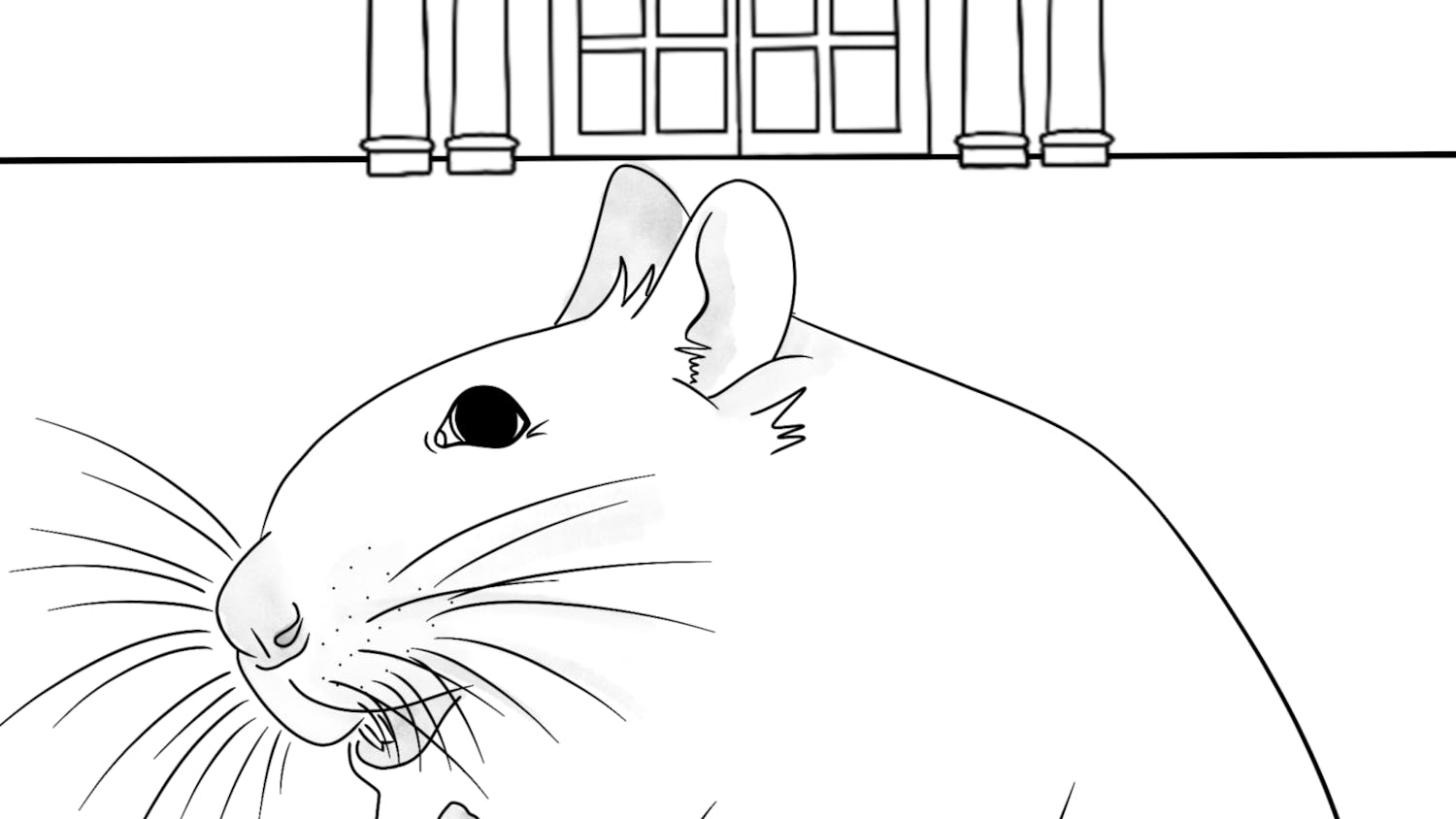By Elliott Nguyen
Staff Writer
Trauma reverberated in the Asian American and Pacific Islander (AAPI) community following an Atlanta shooting that left many horrified as a gunman opened fire on spas in the city and surrounding area, killing eight people. Six of those victims were Asian women, leading many to label the shootings as hate crimes.
However, no official distinction has yet been made by prosecutors. The suspect, a white man, said his intent was to dispel a “sexual addiction.”
The attack, which occurred on March 16, comes as the first major public shooting this year according to the New York Times, though it comes on the heels of a rise in gun violence that took place in 2020. On Monday, another shooting took place in Boulder, Colorado, leaving 10 people dead.

“[The Atlanta shootings] led me to recall memories from earlier times in my life when I had experienced racial incidents and microaggressions,” said Dr. Hue-Sun Ahn, an assistant director for the College’s Counseling and Prevention Services, or CAPS, in an email. “It saddened me to think that my children may experience some of the same racial biases and misogyny that I experienced growing up.”
The shootings represent an increasing surge in racism against the AAPI community. There were almost 3,800 incidents of anti-Asian discrimination reported in 2020 according to NBC.
Dr. Qin Shao, a professor of history at the College, commented on the rise of incidents in an interview with The Signal.
“Asians have been perceived as invisible. The racism against them goes with the territory: invisible,” Shao said.
She went on to discuss the lack of response to the incidents, which had been occurring long before the events in Atlanta.
“There was no outrage. No action,” Shao said.
“If you really want to trace back the history, it started when the first group of Asians came to this country,” said Dr. Yifeng Hu, Department Chair of Communication Studies at the College, in an interview with The Signal. “It’s nothing new.”
She disagreed with the argument that the attacks in Atlanta were only sexually motivated. She mentioned that they reflected the intersectionality of the racism, xenophobia and sexism that Asian Americans face.
The College has taken several steps to address the events in Atlanta. The College’s Division of Inclusive Excellence sent out an email on March 17 that read “Whether or not the ongoing investigation into these acts of violence finds a racial motivation, the rise in hate crimes toward the AAPI (Asian American Pacific Islander) community since the beginning of the pandemic has been nothing short of horrific.”
The email included links to such resources as an alumna’s short film, some books and a list of Asian American social justice groups, including Anti-Racism Response Network, Asian American Legal Defense & Education Fund and Asian & Pacific Islander American Health Forum.
On Thursday, the College’s Office of Student Government hosted an open forum titled “The Asian Student Experience,” which over 100 individuals attended. The forum was intended for “Asian students to speak about their experiences at TCNJ in response to the recent media attention towards hate crimes against Asian and Asian Americans across the country,” according to the announcement email.
Ahn, who attended the forum, said later “I am hopeful that the increased openness to listen, share and learn in discourse about issues of diversity and equity will continue and be sustained, that more bridges can be built, and that we can have a society that is more empathic and more compassionate with one another.”
The Communication Studies Department also took action, hosting a virtual listening session on Tuesday. The session was designed for students to “share their experiences, and find comfort, healing, and validation from each other,” according to an email from the school.
The session, which was led by Dr. Hu, opened with a moment of silence, followed by several videos that featured words from such individuals as Congresswoman Grace Meng and actor Daniel Dae Kim. After that, students and professors alike began by sharing some painful experiences they had. The moment was emotional, moving several to tears.
However, the session also had uplifting moments, as several attendees shared times in which they felt empowered and loved. During the session, Hu mentioned that there will be a rally on Saturday, March 27 in Princeton, N.J.
Towards the end, students discussed changes they would like to see in the school, such as more Asian American literature classes. The faculty members in attendance, which included Dean Maurice Hall, also mentioned changes they were considering.
The session ended with Hu sharing a song titled “Tolerance” by Jingbo You.
When asked about what the AAPI community, as well as the country at large, can do to address this racism, both Shao and Hu agreed that an important step was to educate people.
“What we can do as intellectuals is events like (the listening session on Tuesday), because the pain is so deep and has been held for so long that there needs to be ways … for students to heal and be educated,” Hu said. “We can use our sphere of influence. I may be just an ‘average Joe.’ That’s fine, you can still influence people.”
Shao commented on the absence of Asian Americans in the country’s history curriculums.
“This country has had a long history but if you check our students from K to 12, and even in college, there is very little that they learn [about Asian Americans] from class,” Shao said. “Our students don’t learn about, for instance, the lynching of Chinese people in Los Angeles in 1871.”
Hu agreed. “Curriculum is really important. Without knowing that Asian Americans have always contributed greatly to this country, people are oblivious. [Asians] are like transparent people. When you are an ‘other’ on polling, you are easily 'other'd.”
Hu added, “But I think we should really just stand up and speak out and not be afraid anymore. It’s time.”







